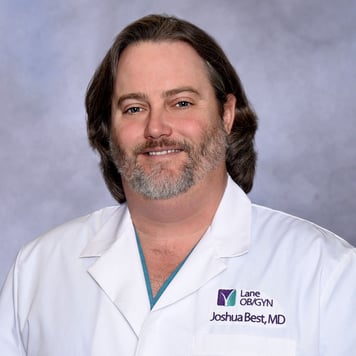 Did you know that colorectal cancer is third among cancer-related fatalities in men, fourth among women, and second among all cancer-related deaths when combined, according to the American Cancer Society? Additionally, according to recent data, colon cancer rates among those under 55 have been rising annually since the mid-1990s at a pace of 1% to 2%. Because of this, it is currently advised that you begin having a colonoscopy at the age of 45, or earlier if there is a history of cancer in your family.
Did you know that colorectal cancer is third among cancer-related fatalities in men, fourth among women, and second among all cancer-related deaths when combined, according to the American Cancer Society? Additionally, according to recent data, colon cancer rates among those under 55 have been rising annually since the mid-1990s at a pace of 1% to 2%. Because of this, it is currently advised that you begin having a colonoscopy at the age of 45, or earlier if there is a history of cancer in your family.
This is exactly why Dr. Josh Best, an OB/GYN at Lane Regional Medical Center includes colon cancer screening in addition to his regular regimen of female healthcare routines and evaluations. “I’ve been recommending colon cancer screening to my patients for as long as I’ve been practicing medicine. Typically they see me for a wellness or annual exam, so depending on their age they are expecting a pap smear, a mammogram, etc. But I cover why they need to schedule a colonoscopy once they turn 45,” says Dr. Best.
What is a colonoscopy?
A colonoscopy is a medical procedure used to examine the inside of the colon and rectum for abnormalities or signs of disease, such as colorectal cancer, polyps, inflammation, or bleeding. During the procedure, a long, flexible tube with a camera at the end, called a colonoscope, is inserted into the rectum and guided through the colon. The camera allows the doctor to visually inspect the colon lining and identify any abnormalities. Colonoscopies are crucial for early detection and prevention of colorectal cancer, as they can detect precancerous growths, called polyps, which can also be removed during the procedure before they develop into cancer.
Dr. Best recently reached the age where a colonoscopy is now necessary for his own health. He now uses this experience to continue to advocate for colon cancer screening. “It’s not always well received because the idea of having a colonoscopy is not very appealing. The bowel prep is the toughest part. But it’s not terrible, and now having gone through that, I can provide that insight. The procedure itself is quick and painless, you’re sedated the entire time,” remarks Dr. Best. “As Dr. Sajja says, ‘It’s easier to have one unpleasant night than to have colon cancer.’”
The expert staff of doctors and nurses at Lane Regional Medical Center are here for all of your healthcare needs. March is Colon Cancer Awareness Month, and a colonoscopy should be a part of your annual screenings if you are over 45 or have a family history of colon cancer. The gastroenterologists at Lane Gastroenterology can help you prepare for this crucial procedure.



.png?width=110&height=110&name=lane%20badge%20(1).png)
